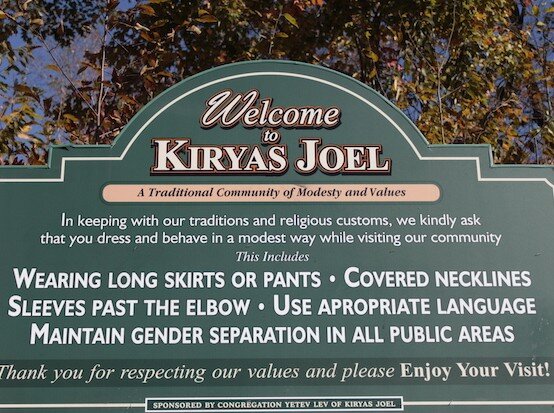Blog #4: Unit 19 on Local Government
Justice Thomas has argued that “the Establishment Clause is a federalism provision, which, for this reason, resists incorporation.” We’re going to spend some time at the beginning of today’s podcast looking at the pre-incorporation history of both religion clauses and exploring why and how the two clauses might raise different issues for incorporation. As background, I’ll mention an 1845 case, Permoli v. New Orleans. (No need to read it, but feel free to glance at it if you’re having trouble following the discussion).
I’ll also ask you to think through the Reconstruction Amendments and the theoretical basis for incorporation. Under the Fourteenth Amendment, there are three possible textual bases for incorporation: (1) equal protection; (2) privileges and immunities; and (3) due process.
The three cases I’ve assigned for today are all post-incorporation cases, but they highlight interesting theoretical and normative questions of where we would be without incorporation, if Justice Thomas were correct. Consider the implications for state and local government as you consider the three cases for today. How should religiously homogenous municipalities or neighborhoods be constrained under the law?
The Rajneeshpuram are the subject of a 2018 Netflix documentary, Wild Wild Country. During the podcast, I’ll ask you to pause briefly to watch the short trailer:
Today, the former Rajneeshpuram compound is a camp operated by the Christian ministry, Young Life:
Grendel’s Den is still operating near Harvard:
And the Village of Kiryas Joel has been been the subject of multiple lawsuits ranging from education to policing to use of public spaces.
Insular religious communities aren’t the only communities in tension with democratic practices. How do these communities compare to residential community associations (gated communities), private universities, and racially segregated neighborhoods? After the podcast, as part of our class time before you move on to other things, please read this recent essay by Jeannette Cooperman (which draws on some of my observations).
Here’s today’s podcast:


